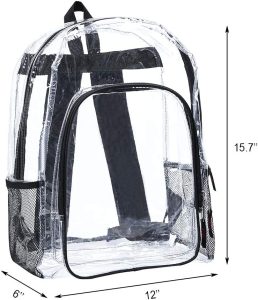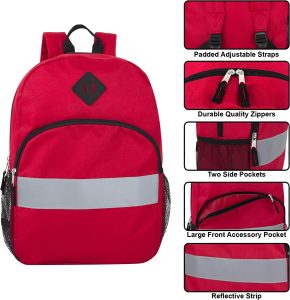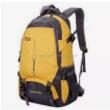1. Assess Your Needs:
- Determine the duration of your trip, the number of meals you need to prepare, and any dietary restrictions you have.
2. Lightweight Cookware:
- Choose lightweight and compact cookware, such as a backpacking stove, pot, and utensils. Look for materials like titanium or aluminum.
3. Fuel Considerations:
- Select a stove that uses the appropriate fuel for your destination (e.g., canister fuel, liquid fuel). Calculate how much fuel you’ll need based on cooking requirements.
4. Meal Types:
- Plan a variety of meals, including breakfast, lunch, dinner, and snacks. Prioritize easy-to-prepare meals that require minimal cooking time and utensils.
5. Dehydrated and Freeze-Dried Foods:
- Pack dehydrated or freeze-dried foods, as they are lightweight and have a longer shelf life. Look for options that only require hot water to rehydrate.
6. Nutrient-Dense Foods:
- Choose foods rich in nutrients and calories, such as nuts, dried fruits, instant oatmeal, pasta, rice, and quinoa.
7. Ready-to-Eat Options:
- Include ready-to-eat items like energy bars, trail mix, and pre-packaged snacks for quick refueling on the trail.
8. Portion Control:
- Pre-portion your meals and snacks to avoid carrying excess weight and minimize food waste.
9. Cooking Techniques:
- Opt for one-pot or one-pan cooking to simplify meal preparation and minimize cleanup.
10. Spices and Seasonings: – Pack small containers of your favorite spices, salt, and pepper to add flavor to your meals.
11. Cooking Methods: – Learn basic cooking methods like boiling water, simmering, and pan-frying to create a variety of meals.
12. Meal Ideas: – Breakfast: Instant oatmeal, granola bars, or powdered eggs. – Lunch: Tortillas with peanut butter and dried fruit, or pre-made wraps. – Dinner: Instant pasta or rice dishes, dehydrated soups, or foil packet meals with veggies and protein. – Snacks: Trail mix, energy bars, jerky, and dried fruits.
13. Hydration: – Carry a water filter or purification tablets to ensure access to safe drinking water during your trip.
14. Leave No Trace: – Practice Leave No Trace principles by packing out all food waste and disposing of waste properly.
15. Test Your Meals: – Before your trip, test your meal ideas at home to ensure you like the taste and that they rehydrate properly.
16. Cook Responsibly: – Follow fire regulations and guidelines in the area you’re visiting. If campfires are prohibited, rely on your portable stove.
17. Clean-Up: – Bring a small sponge or scrubber and biodegradable soap for cleaning cookware. Dispose of waste water responsibly.
18. Waste Management: – Pack out all packaging and waste, including food scraps, to minimize your impact on the environment.
19. Plan for Emergencies: – Bring extra food in case of unexpected delays or emergencies.
20. Enjoy the Experience: – Embrace the process of preparing meals in the outdoors. It’s a unique part of the backpacking experience!
By planning your backpacker’s kitchen and meals ahead of time, you’ll ensure that you have nourishing and enjoyable meals during your outdoor adventures. Adjust your meal plan based on the specific conditions of your trip and the preferences of your group.


























